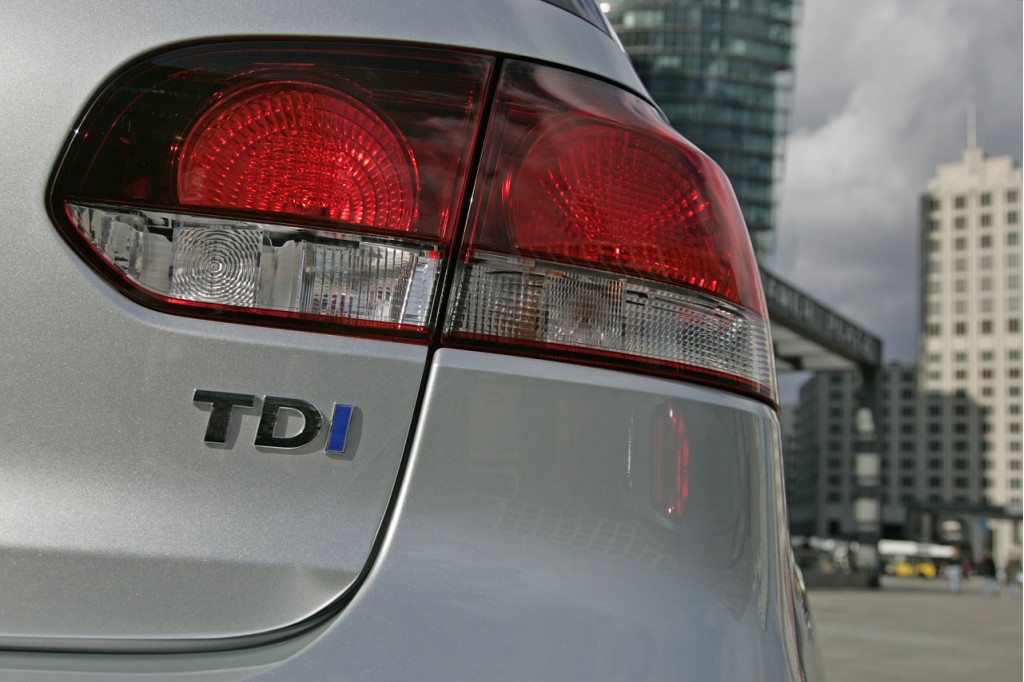Car sales may have plunged to their lowest per-capita level in decades, but for the green-minded among us, there's some good news: Fuel economy is now more important to car buyers than are cupholders.
That's one piece of data gleaned from a lengthy survey of car buyers by the big accounting firm PricewaterhouseCoopers. Senior auto analyst Anthony Pratt discussed his company's study last week at Norwood University in Midland, Michigan.
Four years of progress
A previous version of the study four years ago ranked the number of cupholders higher than gas mileage.
That survey was taken before both the 2007 gasoline price spike and the recession that has pummeled auto sales around the world, resulting in U.S. sales falling from 16.1 million units in 2007 to 13.2 million in 2008. This year's sales are likely to total no more than about 10 million.
Less discretion, more replacement
Pratt noted that the era of cheap, long-term car loans is over. Tighter credit rules have taken many "discretionary" auto purchases out of the mix, meaning more people are replacing their cars only when absolutely necessary.
This, of course, lengthens the purchase cycle--made possible by ever-more-reliable vehicles coming from every major manufacturer.

2010 Toyota Prius

2010 Honda Insight

2010 Volkswagen Golf TDI

2010 Volkswagen Golf TDI
He also suggested that "perceived need" for a particular vehicle among buyers has given way to a new focus on the basics. “Many times, that perception suited a self-image, such as the guy driving a Ford F-250 pickup truck to the office to project manliness,” Pratt told the Norwood audience.
Yes, but ....
Joe Lescota, Northwood’s automotive marketing chairman, agreed to some extent but said there will always be an emotional component to buying.
“When it comes down to it, do we really need sunroofs?" he asked, or heated seats with power adjustments offering 16 positions? "If we were buying based on logic alone, the answer would be, ‘No.’”
The big story: CAFE
Pratt said the ongoing recession has obscured major vehicle changes coming up as a result of the new, stiffer corporate average fuel efficiency (CAFE) standards recently passed into law.
“Were we not in the throes of a recession," Pratt said. "CAFE would be the big story: How do you get to 36 mpg by 2016?”
Smaller, lighter, better
As we've said many times, vehicles will get lighter and use smaller, more powerful engines with direct injection and turbocharging to meet the goals.
Pratt cited those same technologies, along with cylinder deactivation (already in production from several carmakers) and variable compression ratios, including the HCCI technique demonstrated on concepts like the Mercedes-Benz Vision F700.
Alt-fuels [yawn]
Finally, Pratt downplayed the role of alternative fuels. For years to come, he said, "we will continue to see vehicles use fossil fuel,” especially when car buyers “do the math” and determine that a gasoline-powered car costs less.
Frankly, we're just glad that fuel economy is back on the table. There are many ways to get there, from smaller cars to driving less to hybrids to diesels to ... well, everything else we cover at GreenCarReports. Here's hoping it stays that way.













